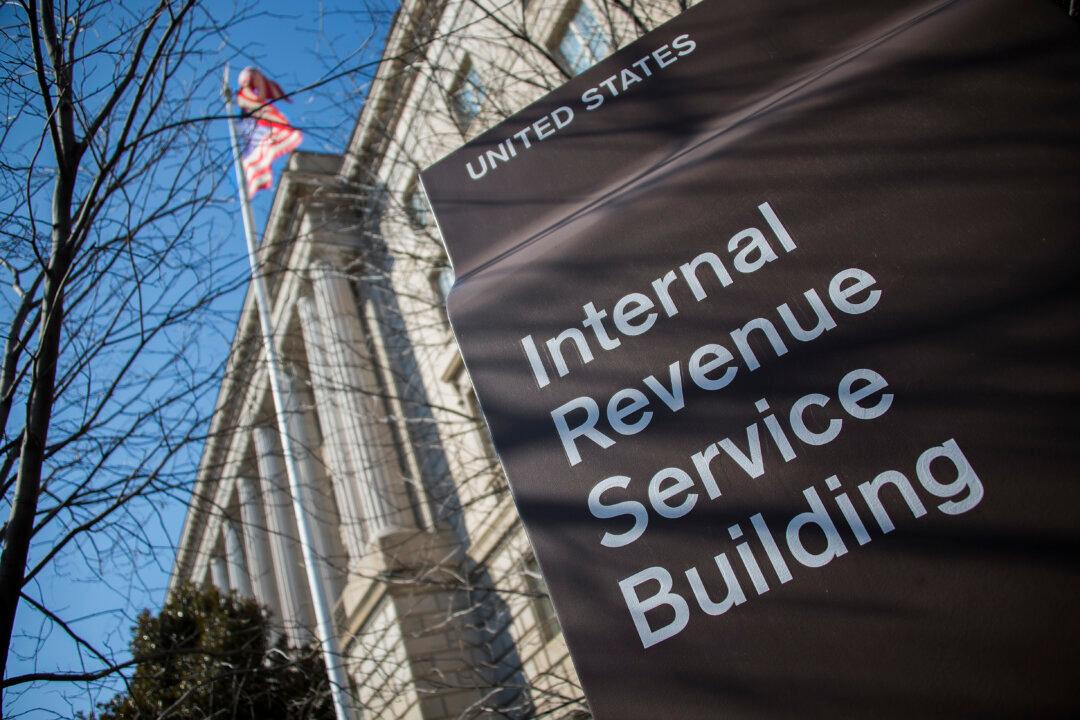A businessman whose initial fine of $50,000 for violating an obscure tax-filing rule ballooned to $2.72 million at the insistence of the IRS urged the Supreme Court on Nov. 2 to reduce the fine.
The case came as the Biden administration’s attempts to beef up enforcement efforts by the IRS became an issue in the midterm congressional elections. The Biden-backed Inflation Reduction Act, which the president signed into law in August, allocated almost $80 billion to the IRS over the coming 10 years for increased enforcement. Democrats say the IRS has long been underfunded, but Republicans say the extra money will be used to harass taxpayers, and they promise to rescind the funding if they retake control in Congress.





